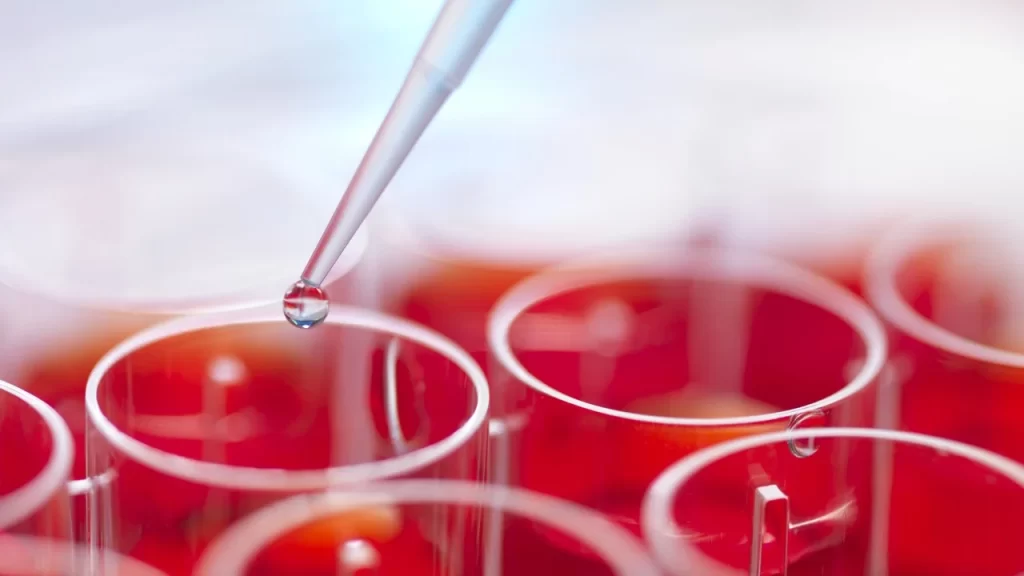Department
Autologous Cell Transplant
Autologous cell transplant, also known as autologous hematopoietic stem cell transplant (HSCT), is a medical procedure used in the treatment of certain cancers and autoimmune diseases. It involves harvesting a patient’s own stem cells, typically from bone marrow or peripheral blood, before undergoing high-dose chemotherapy or radiation therapy to destroy diseased cells.

Once the chemotherapy or radiation treatment is completed, the harvested stem cells are reintroduced into the patient’s bloodstream, where they migrate to the bone marrow and begin to produce healthy blood cells. This process is aimed at restoring the patient’s immune system and blood cell production, which may have been compromised by the aggressive cancer treatment.
Autologous cell transplant offers several advantages over allogeneic transplants, where stem cells are obtained from a donor. Since the patient’s own cells are used, there is no risk of rejection or graft-versus-host disease (GVHD), a potentially serious complication associated with donor transplants. Additionally, autologous transplants typically require less stringent matching criteria and may offer a faster recovery time.
autologous cell transplant may not be suitable for all patients, and the decision to undergo this procedure depends on various factors including the type and stage of the disease, overall health status, and treatment goals. While autologous cell transplant can be an effective treatment option for certain conditions, it carries risks such as infection, bleeding, and organ damage, and requires close monitoring by healthcare professionals throughout the process.
